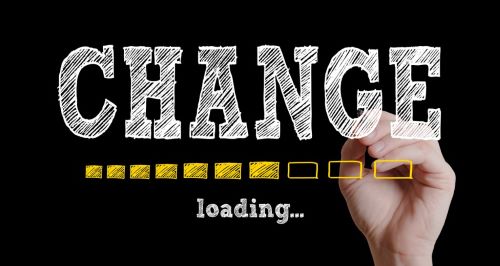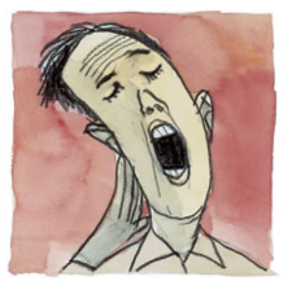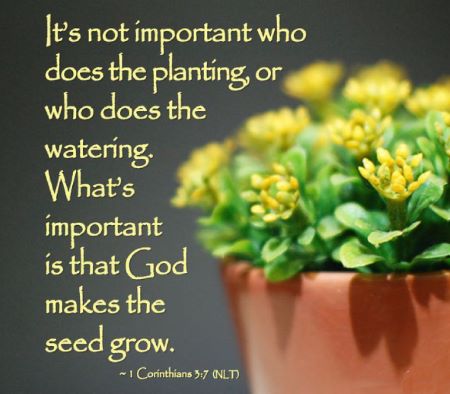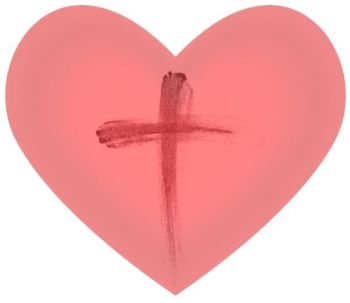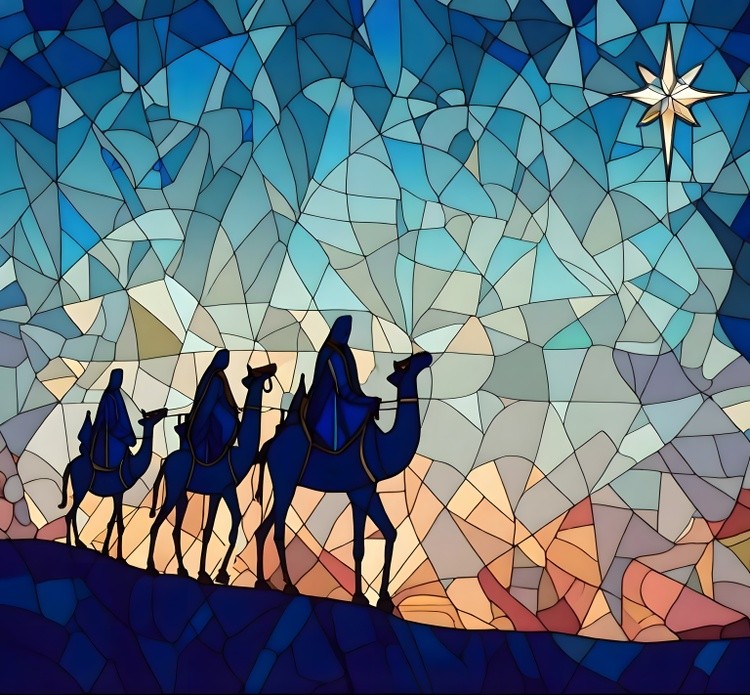
L’Chayim (To Life)
In Deuteronomy 5:8-9, God said: You shall not make for yourself an idol, whether in the form of anything that is in heaven above, or that is on the earth beneath, or that is in the water under the earth. You shall not bow down to them or worship them; for I the LORD your God am a jealous God, punishing children for the iniquity of parents, to the third and fourth generation of those who reject me.
To the third and fourth generation of those who reject me. In this passage from Deuteronomy, God is talking about idol worship. About having other gods before God (see Commandment One of Ten). But there are many things we can turn into idols, and worship. From intangible things like pride to tangible things like money. We can worship material possessions, fame and success, relationships, and even ourselves. We can, perhaps unintentionally, teach idol worship to others. And we can, also unintentionally, teach values which diminish life instead of promote it.
But in Deuteronomy 30:19-20a, God calls on the Israelites to choose life. God says: I call heaven and earth to witness against you today; that I have set before you life and death, blessings and curses. Choose life so that you and your descendants may live, loving the LORD your God, obeying him, and holding fast to him; for that means life to you and length of days.
My paternal grandmother had length of days, but she also had Type I diabetes, and had to give herself insulin shots every day; though I never knew whether either of her parents, or any of her grandparents had it too. But when, in 1996, I was diagnosed with Type II diabetes, I thought I might be the recipient of some sort of genetic inheritance; but more than that, honestly, I thought it was because I ate too much sugar, didn’t exercise enough, and was overweight. So, at the least, there was some connection between the choices I was making and the dis-ease with which I was diagnosed. And in an article on the National Institutes of Health website, we learn that adults make about 35,000 decisions every day. And for me, one of those choices was between a carrot and a donut.
But in Ezekiel 18:1-4, the prophet clarifies: The word of the LORD came to me: What do you mean by repeating this proverb concerning the land of Israel, “The parents have eaten sour grapes, and the children’s teeth are set on edge”? As I live, says the Lord GOD, this proverb shall no more be used by you in Israel. Know that all lives are mine; the life of the parent as well as the life of the child is mine: it is only the person who sins who shall die.
It is only the person who sins that shall die, huh? Now that’s a hard nut to crack, because there seem to be plenty of undeserving people who suffer in many ways, or die. But Jesus acknowledges that undeserving people sometimes suffer or die when (in Luke 13) he says quite plainly that the Galileans who suffered, and those on whom the Tower of Siloam fell, were not worse offenders than all the others living in Jerusalem.
And so, when I was diagnosed with Parkinson’s Disease earlier this year, my neurologist asked me if there was any one in a recent generation who had this too. From whom I might have inherited it. There was not. At least none of whom I knew. And so, the cause was a mystery. It was a fluke. A random event. As though the Tower of Siloam had fallen on me. Oops.
And while I didn’t think for a moment that God was punishing me, it was in some strange way, a gift. Because I was being given another opportunity to take better care of myself. To go down this fork in the road instead of that one. In other words, an opportunity to choose life again. To choose life, over and over again, even without knowing how the dis-ease might unfold in me over time.
And like me, there are those in our congregation, and others who we know outside of it, who in spite of chronic illness, continue to choose life. But choosing life doesn’t always mean that our symptoms will disappear. Choosing life doesn’t always mean that we’ll be pain-free. And choosing life doesn’t always mean that we’ll be (physically) cured, even though we may be (spiritually) healed, since in all three of the synoptic Gospels, Jesus says that if we want to become his followers, we’re to pick up our cross and follow him. Our cross, and not his; because the crosses we bear are the burdens of our own experiences. In our baptisms, we are called from death into life; and in choosing life, we can choose how we respond to the burdens we bear. So as much as we are able, let us choose life.



